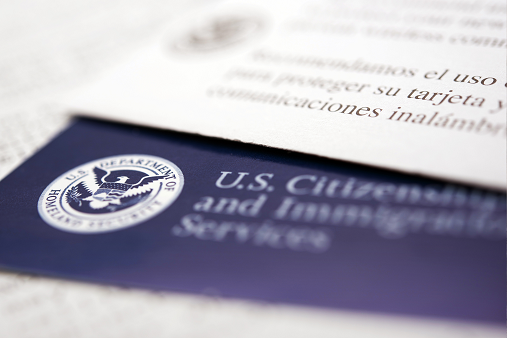It’s been five months since the World Health Organization declared COVID-19 a pandemic, and resulting labor law questions persist. Last month, however, the National Labor Relations Board (NLRB) released a slew of advice memos from its general counsel’s office shedding light on some scenarios stemming from the pandemic. While the memos are not binding on the NLRB, they are helpful guidance from the office responsible for prosecuting unfair labor practice charges. This insight can help companies evaluate potential risks in relation to strategic labor relations decisions.
One of the cases at issue involved a dispute between a contractor and a union. The parties had a labor agreement that allowed the union to access a jobsite at “any reasonable time.” The union wanted immediate access to a job site. The company, however, wanted the union to give it at least one hour’s notice prior to entry onto the premises to ensure access could be safely granted in light of the pandemic. The NLRB general counsel’s office noted that a fair interpretation of the “reasonable time” clause would mean that, in light of COVID-19, prior notice was acceptable under the language.
In another case, the general counsel’s office noted that employers should have some leeway to modify their remote work and attendance policies without bargaining due to the pandemic. In yet another it was recommended that a charge be dismissed where a worker who had expressed safety concerns was terminated but the employer was unaware of any group or shared concerns (i.e., there was no evidence of “concerted activity”).
These advice memos follow a prior memo from the general counsel’s office. That memo also offered some guidance on how much flexibility employers may have to make changes to terms and conditions of union employees’ employment that they may otherwise have to bargain in normal circumstances. While it seems companies may have some discretion based on the guidance issued to date, it remains to be seen how the full NLRB will evaluate these issues. Accordingly, it is important to monitor further guidance on this front as things continue to evolve.













